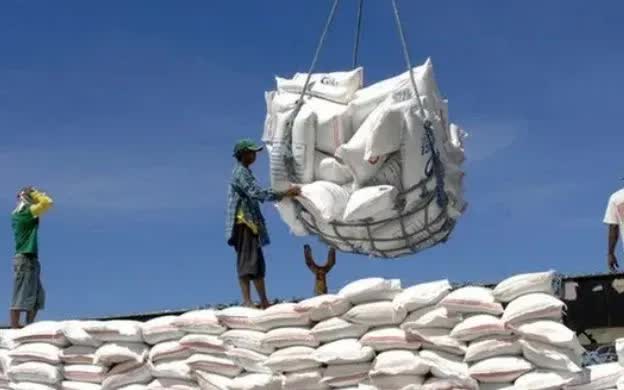
Illustrative image.
According to a recent announcement by the Indian government, exporters of non-basmati rice will now be required to register with the Agricultural and Processed Food Products Export Development Authority (APEDA), a body under the Ministry of Commerce, before exporting their products.
The Directorate General of Foreign Trade (DGFT) stated in a recent notification that the export policy for non-basmati rice has been revised, mandating that all exports must be licensed by APEDA.
As one of the world’s largest rice exporters, India recorded a 6.4% increase in rice exports, reaching $4.7 billion during the April-August period of the current fiscal year (ending in March next year).
In September 2024, the DGFT lifted the complete ban on non-basmati rice exports.
Commenting on the issue, an anonymous senior official from the Ministry of Commerce explained that this move aims to monitor and regulate the flow of non-basmati rice. Exporters will need to register their business activities related to this commodity before shipping it overseas.
The official further clarified that registration will provide the government with better oversight of non-basmati rice exports, enabling tracking of shipment volumes and destinations. This ensures policy compliance and maintains domestic food security.
An exporter noted that this registration system could help prevent issues such as misdeclaration of rice types, a concern that has arisen in the past.
This decision comes amid reports of rice shortages in the states of Punjab, Haryana, Bengal, and others. Another exporter opined that the new regulation will help the government gauge export demand and intervene to control the situation if necessary.















